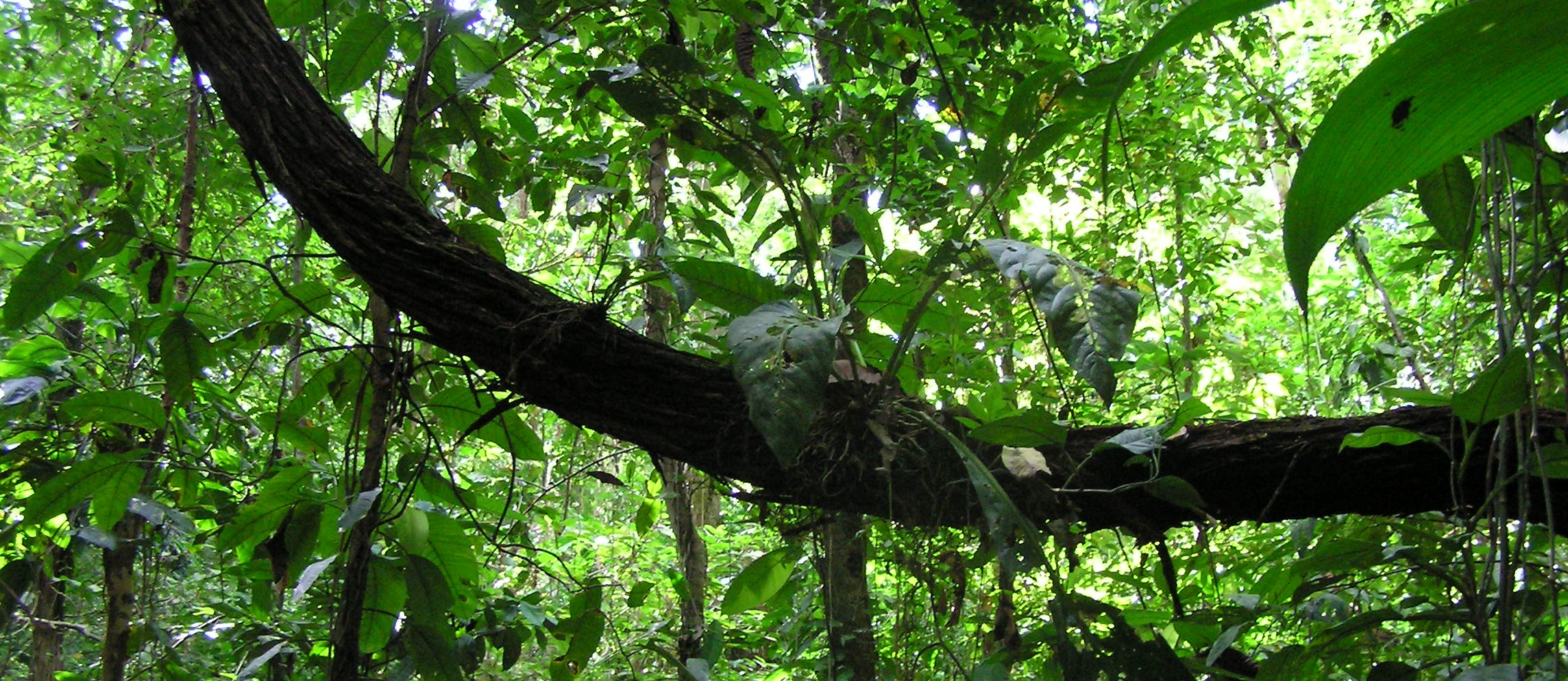Title
Spring filling of xylem vessels in wild grapevine
Document Type
Article
Publication Date
1987
Volume Number
83
Source Publication
Plant Physiology
Abstract
Xylem vessels in grapevines Vitis labrusca L. and Vitis riparia Michx. growing in New England contained air over winter and yet filled with xylem sap and recovered their maximum hydraulic conductance during the month before leaf expansion in late May. During this period root pressures between 10 and 100 kilopascals were measured. Although some air in vessels apparently dissolved in ascending xylem sap, results indicated that some is pushed out of vessels and then out of the vine. Air in the vessel network distal to advancing xylem sap was compressed at about 3 kilopascals; independent measurements indicated this was sufficient to push air across vessel ends, and from vessels to the exterior through dead vine tips, inflorescence scars, and points on the bark. Once wetted, vessel ends previously air-permeable at 3 kilopascals remained sealed against air at pressures up to 2 and 3 megapascals. Permeability at 3 kilopascals was restored by dehydrating vines below -2.4 megapascals. We suggest that the decrease in permeability with hydration is due to formation of water films across pores in intervascular pit membranes; this water seal can maintain a pressure difference of roughly 2 megapascals, and prevents cavitation by aspirated air at xylem pressures less negative than -2.4 megapascals.
